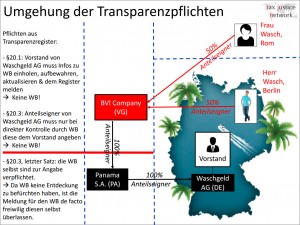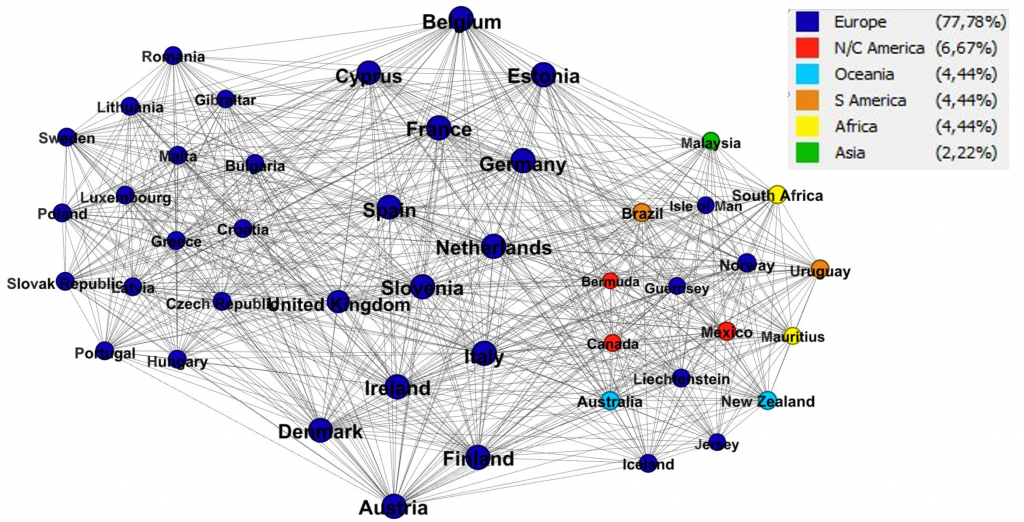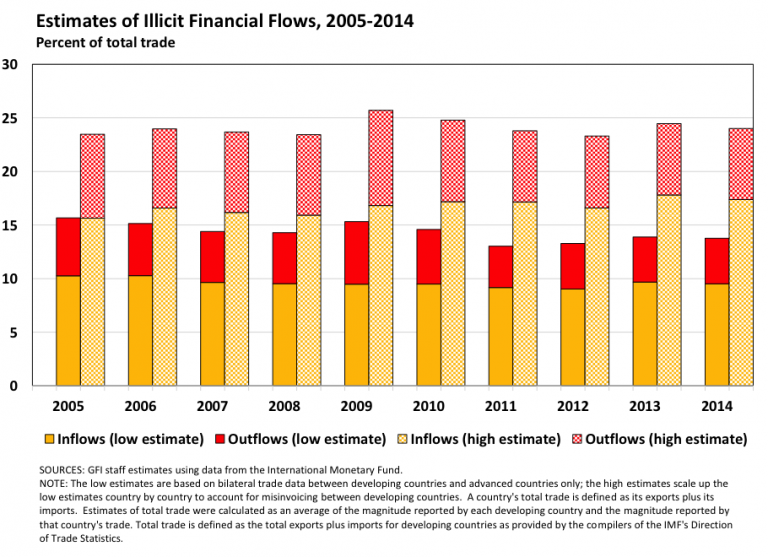On 17 May 2017, the members of the Finance Committee of the Bundestag cast their votes for ultimate amendments to Germany’s anti-money laundering law. The governing conservatives CDU/CSU and Social Democrats SPD rejected amendments supported by the left and Green party that would have remedied three fundamental flaws in the law which prevent the public from accessing beneficial ownership information on German legal entities. These flaws consist of
- the failure to make the registry of beneficial owners public
- the registry’s restricted scope which is likely in breach of the 4th EU Anti-money laundering directive
- a watered down the definition of beneficial ownership.
The law will be voted on in its current form by the Plenary of the Bundestag in the evening of the 18th May, with no opportunity to change the text further. The only way to stop and/or amend the law would be through the Bundesrat, Germany’s upper chamber. However, after recent elections, this outcome appears to be less likely.
Despite severe critiques presented at the law’s public hearing in the finance committee on 24 April, none of the fundamental weaknesses identified by TJN, German Netzwerk Steuergerechtigkeit and Transparency International have been addressed by the amendments voted for by the governing coalition (TJN’s written statement can be read and downloaded here).
On the contrary, the law has been further watered down in at least two (relatively minor) aspects (one change involves exempting trusts, Treuhandstiftungen and limited partnerships from the obligation to document the steps taken for identifying a Beneficial Owner; another is extending a restricted obligation to report suspicious transactions which was applicable in the previous version of the law only to lawyers and auditors to all professions covered by professional confidentiality, e.g. tax advisers).
The three main problems persist which prevent the public from accessing beneficial ownership information of German legal entities. Two concern the watering down of the definition of the beneficial owner, the first of which relates to the senior manager opt-out clause, which the 4th EU AMLD is allowing, but which the UK did not implement and the EU-parliament in March 2017 actually rejected in its comment on the interim proposal for amending the 4th AMLD (and which we have analysed in depth here).
The second problem relates to the obligation to identify the beneficial owner for the purposes of the registry. The obligation to identify and report the beneficial owner of the company is limited to situations in which the German company or its shareholders are directly controlled by a beneficial owner. The graph below (or in the written statement on page 4) illustrates the problem.

Continue reading “Germany rejects beneficial ownership transparency” →













